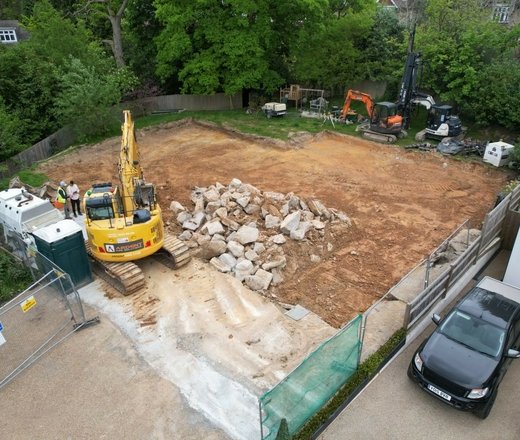Despite the rain showing no signs of stopping, we have officially moved into spring with the Chancellor, Jeremy Hunt releasing the Spring Budget last week. Deborah Richards, Founder and Managing Partner of Maddisons Residential, summarises the surprises that the Budget revealed and how this affects first-time buyers and more so, private landlords in 2024.
Little help for first time buyers
Although we had high hopes for stamp duty relief and a 1% deposit scheme, unfortunately, there was little in the budget to support first time buyers who are as ever, facing the financial challenges of getting on the property ladder.
Reduction in Capital Gains Tax
One glimmer of hope for first time buyers, is the reduction of Capital Gains Tax from 28% to 24%, which may tip those private landlords who are considering selling their property over the edge and towards a sale. In many cases, these properties sit at a more accessible price point for first time buyers, so an increase in housing supply at this level may provide the lifeline those buyers had been hoping for.
Short term lets no longer encouraged
As demand for long-term rental properties remains steady, the pool of long term private rental stock needs to increase. In order to try and achieve this, Jeremy Hunt has abolished the beneficial tax advantage of letting a furnished property on a short-term basis (often a holiday rental) to try and encourage landlords to rent their property on a long term basis.
Bad news for those investing in multiple dwellings
For those buying multiple dwellings, the multiple dwelling tax relief previously offered has also been axed. The relief meant that a private landlord buying a block of six flats for example, would pay Stamp Duty Land Tax (SDLT) for the combined average of each flat rather than the total value of the building itself.
However, some found a loophole to gain savings
Extensive research resulted in the Chancellor becoming increasingly concerned that the tax was being utilised by buyers purchasing expensive properties with an annexe. The loose criteria denoting what constituted an annexe was resulting in a very sizable saving in the SDLT payable. For example, if a property with an annexe was bought for £2m, the SDLT payable should be £151,250. Yet, if multiple dwelling relief was granted, buyers could effectively split the SDLT across the two properties, making each worth £1m and reducing the tax payable to £82,500 - saving the buyer just under £69,000!
Despite this being a real and understandable issue, it might have been sensible to try and find a mid-way measure, instead of the total axing of this relief. Multiple dwelling relief could have then still supported those investors buying multiple dwellings with the honest intention of renting them out – in turn helping to ease the shortage of private rental stock.
Will this be enough to ignite big changes?
It is clear that the Spring Budget brings about some needed changes that will help ignite first time buyers but disappointingly not in the way that perhaps we had hoped. We will have to wait to see if these changes will encourage private landlords sell unaffordable rental stock which will help get the market moving in the lower price brackets.
If you want advice and help on buying or selling a property in or around Tunbridge Wells, please contact us as our experienced team would love to help.
Market your property with Maddisons Residential
For many, the first point in their house moving journey, is to understand the value of their current home. Whether you want a quick, instant, online indication, or a more robust property specific and individual valuation, we would be delighted to help.





